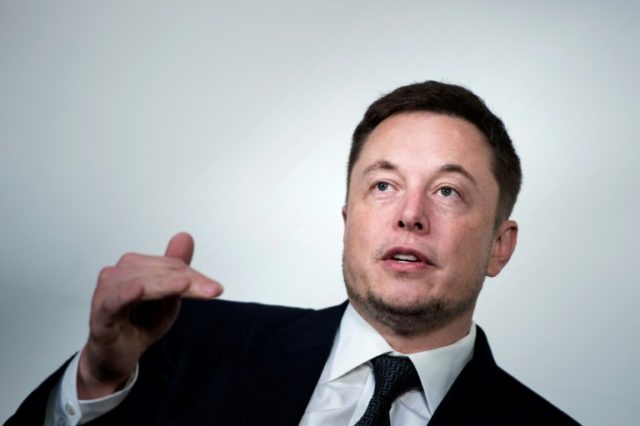Tesla employees are claiming that as much as 40 percent of the parts manufactured by the company are flawed, causing expensive rework and hurting employee morale.
CNBC reports that multiple former and current employees at electric car manufacturer Tesla have alleged that the company is producing a high ratio of flawed parts which has led to costly rework on components. One current Tesla engineer has estimated that as much as 40 percent of car parts manufactured or received at the company’s Fremont factory require rework from staff. This is a huge issue for the company given that Tesla’s reputation as a carmaker relies heavily on the efficiency of their automated production line, which is currently assembling the company’s Model 3 sedan. 400,000 Tesla customers have already pre-ordered Model 3 cars, paying $1,000 refundable fees to do so, yet the company still lags massively behind on the production of the cars.
Another employee at Tesla’s Fremont factory stated that defect rate of parts is so high that it’s negatively affecting the factory’s ability to hit production targets, which has led to decreased morale amongst staff. In an attempt to deal with the high number of flawed parts and vehicles, Tesla has brought teams of technicians and engineers from its service centers and remanufacturing lines to work in their Fremont factory. The company has also reportedly begun sending flawed or damaged parts from the Fremont production plant to its remanufacturing facility in Lathrop, California rather than fixing the parts “in-line.”
Tesla has outright denied that their remanufacturing team is reworking parts. A spokesperson stated “Our remanufacturing team does not ‘rework’ cars,” but said that employees may be confusing rework and remanufacturing. Manufacturing specialist Matt Girvan, the founder of MAG Consulting, said: “Even during what is considered ‘launch’ mode, if a company is selling its cars to customers, it should not be experiencing large amounts of rework. This speaks to an internal quality issue that is on a magnitude that is not normal for most car manufacturers.”
Tesla responded to Girvan’s analysis saying:
Remanufacturing is not unique to Tesla, it is something that other manufacturers do too. Remanufacturing involves taking older parts and reconditioning them so they can be used for cars when they eventually come in for service. Rather than making new parts from scratch, this is good for the environment and if done well, is equally good for the customer. Any ‘expert’ claiming there is something unusual about this or that it has something to do with the quality of cars that come off a production line is either very confused or just completely wrong.
Tesla also issued the following statement on the overall quality of their cars:
Our goal is to produce perfect cars for every customer. Therefore, we review every vehicle for even the smallest refinement. We care about even the smallest imperfection like a slight paint gloss texture or a wheel alignment check. We then feed these improvements back to production in a pursuit of perfection. This is reflected in the overall efficiency of the factory, which has improved dramatically. For example, the number of labor hours needed to complete a Model S or Model X vehicle has decreased. Whereas before, it took three shifts with considerable overtime to produce our target annual production of 100,000 Model S and X vehicles, now it can be done with only two shifts and minimal overtime. Nothing speaks to this more than the fact that Tesla has the highest customer satisfaction levels and the highest percentage of customers who say that their next car will be a Tesla in the entire global auto industry.

COMMENTS
Please let us know if you're having issues with commenting.